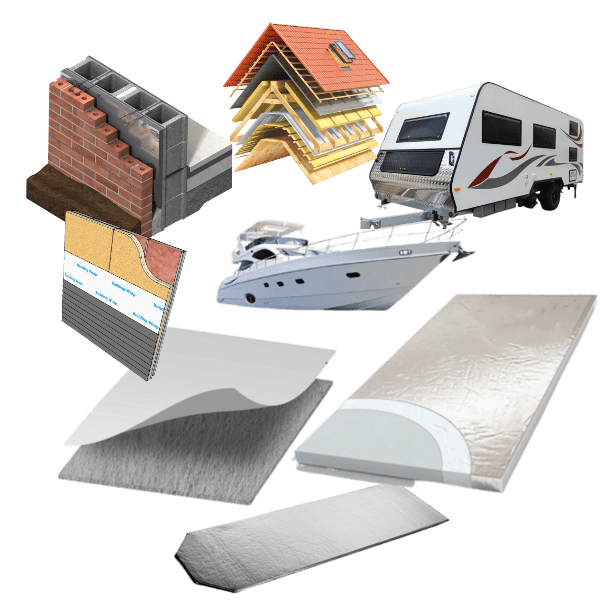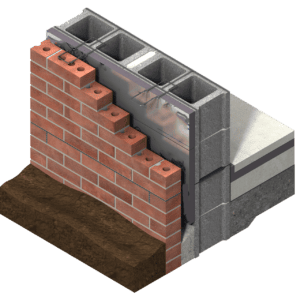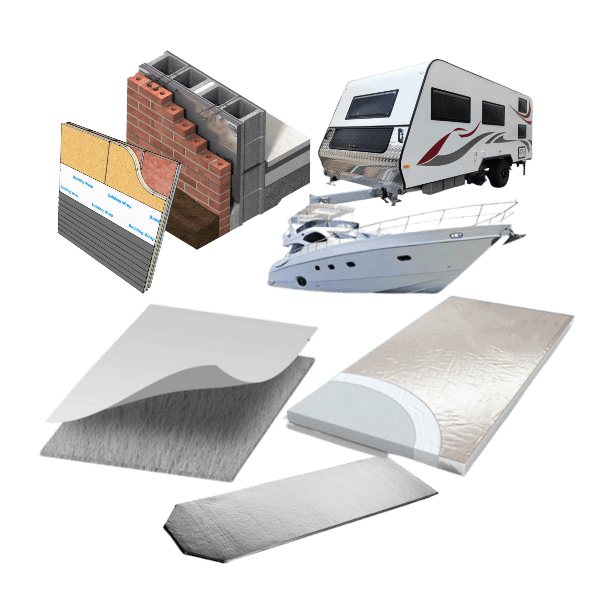Vacuum Insulation Panel Core Material


Vacuum Insulation Panel Core Material (VIPs)
Vacuum Insulation Panel Core Material – Our glass fiber core material is made from 100% flame-blown ultra-fine glass fibers produced by wet process.
The product features light weight, low thermal conductivity, good flexibility, stable chemical properties, and no pollution.
The product has a soft texture, good hand feel, and is easy to cut and construct, making it suitable for areas with limited space and high visual appearance requirements.
It has been proven to be a new advanced material and an ideal choice for insulation and sound insulation solutions.
The product is mainly used as the core material of vacuum insulation panels.
Customer’s products:(Vacuum Insulation Panel Based On Fiberglass Core Material )
Application
- Wall Insulation
- House Thermal Insulation Paper
- Insulation for RV (Recreational Vehicle),
- insulation for yacht
- refrigerated container,
- refrigeration vending machine
- insulation for aircraft interior wall.


Advantages

Parameter
Item | unit | datasheet | Remark |
Thickness | mm | 0.3~10 under free condition | 10kPa |
Width | mm | 600, 1000, 1200, 1400, 200 | customizable |
Density | kg/m³ | 115-170 | customizable |
Working Temperature | ℃ | ≤450 | customizable |
Organic content | % | 0-1.0 | customizable |
Thermal conductivity of the core material | W/m·K(25℃) | 0.0020-0.0031 | customizable |
Thermal conductivity of the core material of finished VIP | mW/m·K(25℃) | 1.5-3.5 | |
Moisture content | % | ≤0.5 |
The thermal conductivity of the core material typically refers to the thermal conductivity of the vacuum insulation panel core material, which is generally between 0.004 and 0.008 W/(m·K). This is because the glass fiber core material has a low thermal conductivity, which can provide excellent insulation performance.
The thermal conductivity of the finished VIP is typically between 0.003 and 0.007 W/(m·K). This is because the vacuum insulation panel can effectively prevent gas heat conduction and convection in a vacuum state, greatly reducing heat transfer. In addition, vacuum insulation panels also have very low thermal radiation, which can further improve insulation performance.
